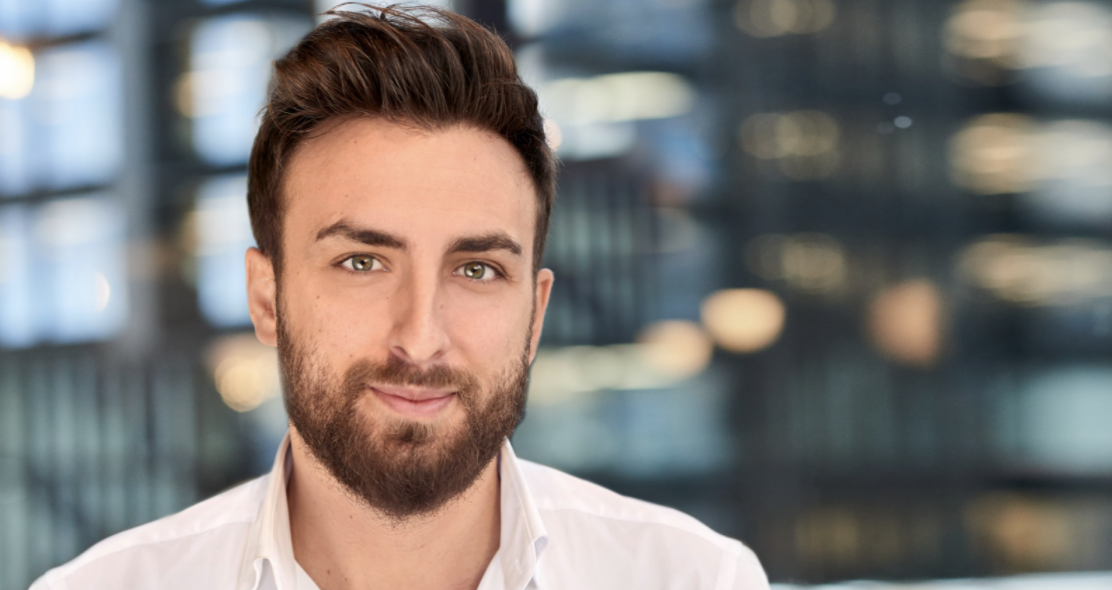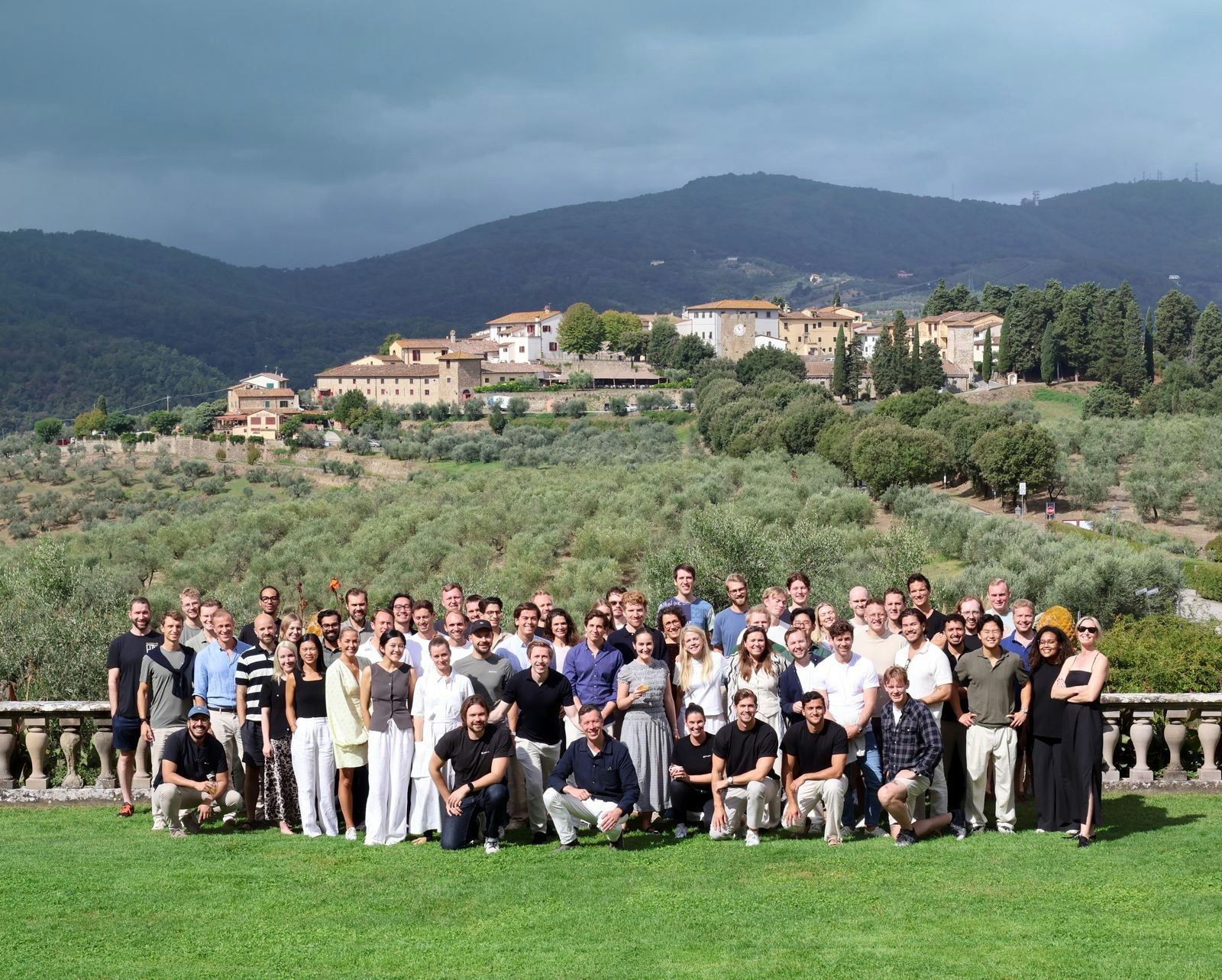The US has long been the epicentre of the fight against Father Time. Silicon Valley investors facing their mortality have pumped millions of dollars into everything from blood transplants to cell reprogramming in the hope of slowing down ageing.
But this is set to change in 2023, as two longevity company builders are planning to reveal their new clinics in Europe in the next six months. And the good news is that at a few thousand euros a year — you don’t even have to be a millionaire to afford a trip.
The openings come as more European investors are committing capital to helping individuals live healthier later in life; European VCs specifically looking at longevity have raised over $400m in total since the end of 2020.
The fresh air of Switzerland
The longevity-focused VC and company builder Apollo Health, which has offices in Germany and the UK, is planning an announcement on a clinic this year. But Apollo will probably be beaten to the title of the first “real” longevity clinic in Europe by “Liv Lounge” (that's a stealth-mode name), which is planning its first location in one of the world’s wealthiest cities, Zürich.
It’s the brainchild of Maximon, a Swiss company that looks for opportunities in the longevity market and builds companies around those ideas. Since its founding in 2021, it’s already launched a supplement startup, a longevity data platform and has up-market senior co-living spaces in the works too.
Though Maximon declined to give details about the feel, the website shows a blurry person in a plush bathrobe and slippers in a spa-like room of beiges, with some beanbag chairs resting to the side.
Also read: Meet the company builders that think they can reverse ageing
The clinic’s “medical scientific brain” is Elisabeth Roider. Her CV is good at convincing you that she can find a way to optimise your healthy lifespan: a scientific background in medicine and cancer immunology, eight years at Harvard for a PhD and postdoc in cell biology, molecular biology and biochemistry and worked on deep sequencing clinical trials. In 2015, she moved to Zurich where she worked as a physician-scientist and did research on economic-medical questions and AI-based algorithms for image recognition and led clinical trials.
Her move to the longevity industry, like many, was driven by disappointment in the current state of healthcare.
“Our healthcare system is not sustainable anymore. Costs are going through the roof, the population is ageing, people are on more and more expensive drugs and at some point, the whole thing will collapse,” she says.
“From an economic perspective, longevity will come in. So how do we design a medical programme that has not existed before?”
Roider has spent months going through the literature on different longevity therapies to see what treatments are available and what is actually working. If it’s trending, she’s looked at it: infrared saunas, hyperbaric oxygen, cryotherapy, red light therapy, infusions, ozone and ice baths to heat-shock proteins. She’s done the same research on the diagnostic side.
Preventative care on acid
This is the conundrum with longevity treatments — which could be described as preventative care on acid. Many people mix and match treatments with no knowledge of how they might interact: cryotherapy with vitamins, fasting with saunas. Others have tried to copy and paste treatments that were successful on mice, without knowing if the same methods will have an effect on humans. In many cases, it will take a lifetime — literally — of research before any one solution’s efficacy can be proven.
Roider says the clinics will mix new and old concepts and add insights from scientific research, taking a holistic approach that can include a mix of supplements, drugs, physical exercise, lifestyle or mental health in collaboration with the other Maximon startups and others.
“What can we do that is better than what we have, is scientifically sound and adds real clinical benefit? Of course, we can introduce some basic elements of prevention medicine, but it needs to be somewhat sexy and attractive in the way we position it and it needs to at least generate some revenue. Most importantly, it needs to be safe,” she says.
Bringing longevity to the upper middle class
And although it's a healthcare institution staffed by medical professionals, the clinic will only be doing preventative healthcare, not diagnosing people who are ill and giving them treatment. What exactly it will offer from the start, Roider cannot say, but the Maximon website lists IV infusions and blood purification.
After locations in Switzerland and Germany, the plan is then to expand into Dubai and Saudi Arabia. While the price isn't yet fixed, Roider says that the average monthly subscription fee will be 450 CHF (€460) targeting the upper-middle class (those on about €85k in annual income). The fee will include quarterly diagnostics and multiple treatments per week on-site.
“Our services are premium, but it’s not our ambition to be luxurious. Our vision is to switch the general mindset from ‘sick care’ to ‘healthcare’ so that preventative medicine is made more accessible. This means building a model that is accessible for many more people than it currently is and hopefully in the future for everyone,” Roider says.



